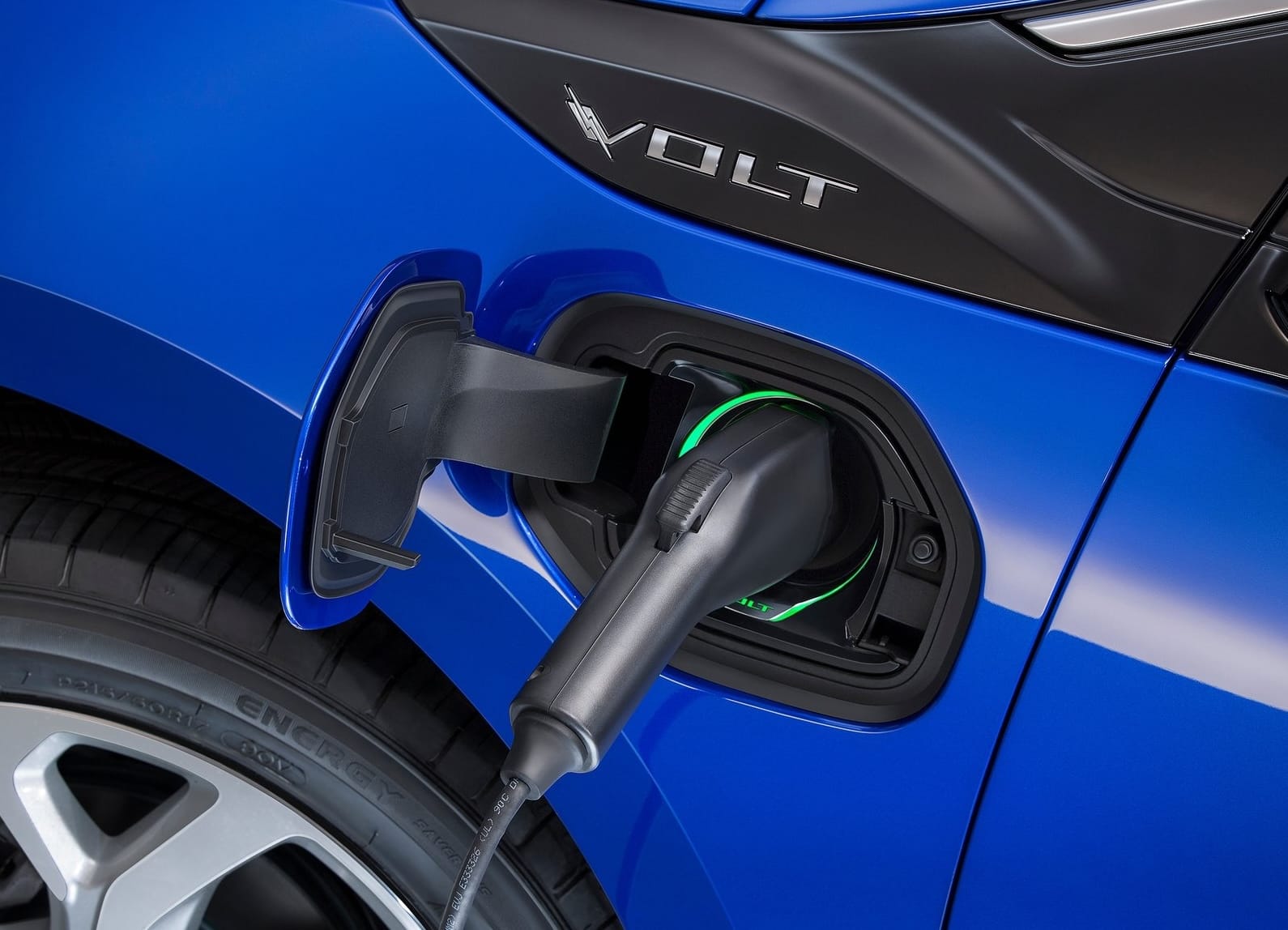The Hybrid-Car Dilemma
Americans are falling in love with hybrids. Why don’t car companies want to make them?

Michael Treiman is something of a professional electric-vehicle evangelist. As the vice president of sales for ChargeSmart EV—a company that sells electric charging stations, mostly to businesses and municipal offices—his job is to convince people that EVs are the future, and that it’s time to start planning for them. But on his personal time, you won’t find him in an electric car. Or, rather, a fully electric car: He owns a 2022 Chrysler Pacifica plug-in hybrid. For his family of five, he told me, none of the few three-row electric SUVs for sale right now can match what the hybrid minivan can do. With the Pacifica’s small battery that powers the car for short trips and boosts its MPG, “we have gotten over 1,500 miles out of a single tank of gas,” he said.
The humble hybrid is having a moment. While this year is shaping up to be the biggest year for EV sales America has ever seen, it has also been marred by staggering production challenges and uneven demand from consumers. Americans are still wary of electric vehicles’ higher prices, limited battery ranges, and inadequate local charging infrastructure. As a result, some carmakers are dialing back their electric sales goals, battery-plant plans, and even the tough love they once had for car dealers reluctant to go all-in on EVs. Meanwhile, hybrid sales are growing at a rate that slightly outpaces EV growth, according to the U.S. Energy Information Administration. Hybrids now make up nearly 10 percent of new car sales, a proportion that’s more than doubled since 2020. Unlike EVs, hybrids burn gasoline and create tailpipe emissions, but they generally create far less tailpipe pollution than their purely gas counterparts. The latest Toyota Sienna minivan, for example, comes only in hybrid form and has nearly half the CO2 emissions of its non-hybrid predecessor.
Given this surge in popularity, you might think that every carmaker would be eager to offer more hybrids to customers who are looking to lower their carbon footprint but who feel unable to make the full leap to EVs. Nope. Enter what you might call the hybrid dilemma. Faced with enormous costs pivoting their businesses to make EVs, strong sales for gas cars, and shareholders who demand profitability, the auto industry can’t decide whether hybrids are a bridge to an all-electric future or a dead end. At some point, Americans may still want hybrids while carmakers have already moved beyond them.

